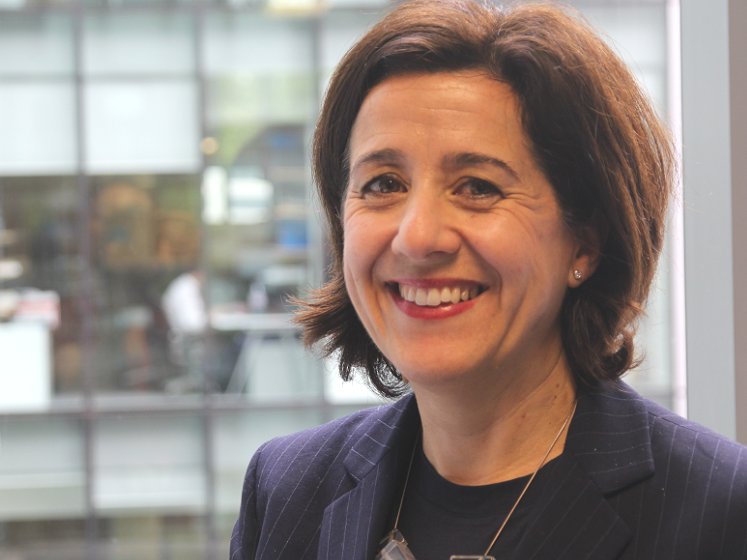 Esther Canonico
Esther Canonico
What are you currently researching?
Effectiveness of flexible working practices and work-life balance.
Why did you choose this area of study?
I chose this area of study because I felt I had something to say. Before joining academia, I had experience in using flexible working practices and managing teams who worked flexibly. While working full-time, I was also raising three young children and, as a result, experienced more work-life issues.
How will your research improve or have a wider impact on society?
Achieving a positive work-life balance is a concern for a significant part of the working population. I hope my research will advance our understanding of how some practices (such as flexible work) can be managed effectively in order to improve people’s work-life balance and benefit employees, organisations and society.
What do you hope to do career-wise, long term?
I would like to continue teaching and researching in areas of my interest at a top institution, such as LSE.
Can you provide any advice to prospective students about the most effective way to approach research and keep stress levels down?
Attend as many seminars, conferences and research presentations as you can. They are a potential important source of ideas and social/professional networks. Also make sure you have a life outside of your research. Make time to meet with friends and enjoy leisure activities.
What resources are available at LSE to help researchers?
LSE offers a varied range of resources, such as funding to cover expenses for conferences, training in multiple subjects (i.e. academic writing), walk-in 'methods surgery' and marketing/PR support to communicate research to not only the LSE community but also the outside world. I found all these resources very helpful, particularly the last two.
The support I received from the ‘methods surgery’ helped me when I felt stuck with a methodological problem. Having marketing/PR support has helped me to better understand the potential impact of my research.
In a few words, what is the best thing about studying at LSE?
Fantastic people and resources in the centre of an exciting, world capital city.
See Esther Canonico's profile page
See more interviews with researchers at LSE